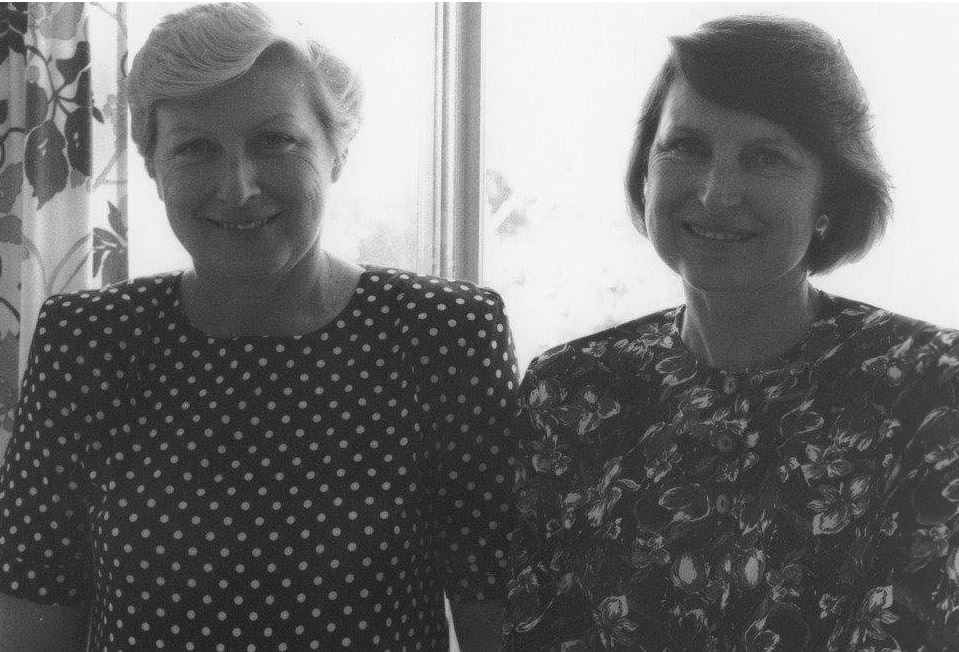
Anna Curtis and Zofia McCormack, OH24 Migrant Women Oral History, Interview OH24-2/1. John Oxley Library, SLQ. Image No. OH24-0016-0002
After World War II, displaced persons were encouraged to migrate. For Anna Curtis and Zofia McCormack’s family who were from Poland and in a Displaced Persons camp, Australia seemed like an ideal choice even though they didn’t have much information about Australia. From oral histories digitised at SLQ, they noted that once they knew they’d been accepted, many migrants madly bought saucepans, pots, plates . . . They thought they might not be able to buy kitchen utensils in Australia. No information on the climate. In Europe people’s winter clothes were generally their best clothes. Many migrants just brought their best clothes with them. They came with coats, muffs, scarves . . . “Which were useless here …”
Anna and Zofia were at Wacol Migrant Camp for two years. They arrived on the November 1, 1949.
There was a Polish priest at the hostel, who had made contract with various convents in Brisbane and Ipswich – probably before the migrants arrived – and arranged for some children to be boarded at school for two years at no cost to the families. Zofia and Anna were boarded at St. Mary’s in Ipswich. They started school at the convent in January, 1950, and for the next two years they spent their holidays at Wacol Migrant Camp. There were no toys but lots of love and kindness shown to the girls.
You can listen to Anna and Zofia's story via our One Search catalogue. Their story is one of several oral histories on the experiences of women at the Wacol Migrant Camp in our collection.
C.Cottle - Digital Content Curator, State Library of Queensland
Comments
Your email address will not be published.
We welcome relevant, respectful comments.